Welcome to week two of our series of five daily habits to renew and re-discover love so that you can create your relationship.
Missed last week’s post? Check it out here and then come on back.
Today we discuss the importance of emotional presence.
Thich Nhat Hanh, global spiritual leader and peace activist, stated the following:
If you love someone, the greatest gift you can give them is your presence.
Before we discuss how to be present with your partner, however, you have to learn to be present with your own emotions and with yourself.
In this age of technology and distractions, cultivating true presence is not always easy.
Many of us have lost touch with our emotions.
Some of us have been taught that we cannot have them.
Many people I work with, for example, were brought up in environments that were intolerant of their natural emotional expressiveness.
Kids, especially boys who grow up into men, are often taught from an early age that it’s not okay to experience emotions unless they are joyful ones.
Children are basically balls of emotions in the first few years of their lives before their left, logical brain comes on the scene and starts to develop. Their raw emotional expression is disturbing for many adults who are disconnected from their own emotional experience. So it is implicitly or explicitly expressed to them that their emotions are not welcomed.
As a result, a vicious cycle of emotional disconnect continues.
The good news is that when we allow our emotions, they move & change.
Emotions are fluid.
The dark, negative ones can sometimes feel overwhelming and scary, but when we acknowledge them and accept them, we can not only learn from them, but they do not have as much power over us, and tend to morph into something else.
Here’s the bad news:
We have become so adept at protecting ourselves from our own vulnerable and raw emotions that we lose touch with ourselves and then our partners as a result.
One key to a strong relationship is being able to be emotionally present with your own emotions so that you can be fully present with your partner.
That can be easy to do with positive emotions, but people struggle when it comes to accessing their true negative and rawer emotions.
As a result, a secondary emotional experience is expressed to your partner, and how you’re really feeling gets buried and hidden.
For example:
John doesn’t respond to Jane when she is trying to speak with him about a problem she has.
Jane is, naturally, pissed off. Her anger is totally valid.
John seems to always shut down whenever Jane tries to speak with him.
Of course, this is frustrating to her, and she lets him know.
Underneath that frustration, however, there’s more than meets the eye that’s happening for Jane.
She’s scared, sad and confused! What’s she doing with this dude who is non-responsive to her? What is that about? Is it her? Does he not care? How is she really going to depend on him when she truly needs him?
Sometimes, the more someone feels those more painful emotions of sadness and fear, the more heightened their anger gets, and as a result, the more they push their partner away.
While Jane has every reason to be angry with John, she would likely get a different response from him if she were able to access some of those softer emotions under the anger and let him know about those fears as well.
We need to re-introduce ourselves to our emotions.
This can be hard enough in itself given our individual histories and culture that raises us on the (false) belief that cognition is king, but when we throw romantic partnerships into the mix, it becomes that much more difficult.
This week, your daily habit is therefore just about re-training yourself to be more emotionally present with yourself.
Here is your daily habit:
Set a reminder on your phone to go off 1-3 times a day. When that bell goes off, stop what you’re doing, take a deep breath, and ask yourself how you are really feeling.
Sounds simple, I know, but you might be surprised by what you find.
Go for the gold:
Start to cultivate a practice of mindfulness. Spend five minutes a day, for example, just sitting and being fully present with yourself.
Read Thich Nhat Hanh’s simple and brief book, Peace is Every Step, to learn more.
Eventually, you’ll be able to start letting your partner know more about what’s going on for you on a deeper level.
The daily habits I discuss above are like training wheels for those more difficult times when you really get into it with each other.
It can be so much harder to be emotionally vulnerable when you are fighting, but that’s when it can be most necessary to prevent getting caught up in vicious spirals of disconnect.
Try these habits out in the next week, while keeping up your appreciation from last week, and let me know in the comments how it’s going for you.
Cheers to thriving in business & love,
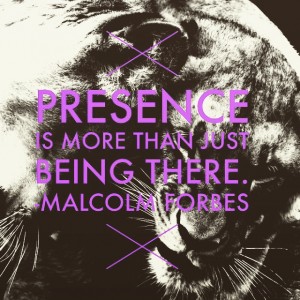
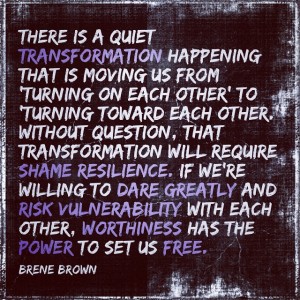


 Loading...
Loading...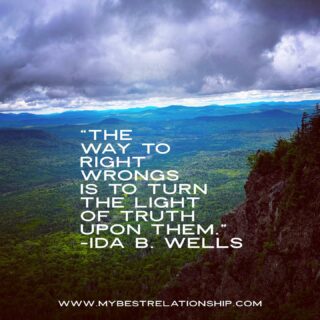
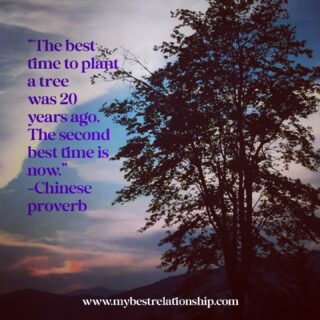
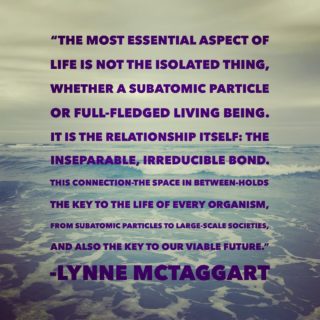
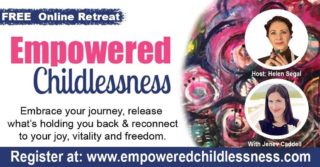

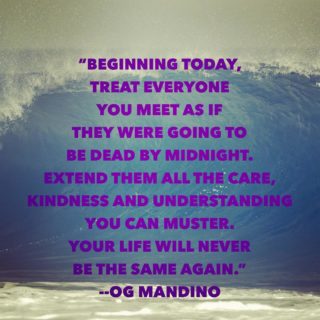
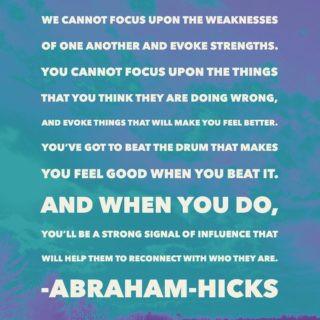

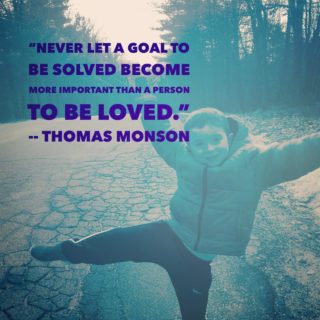


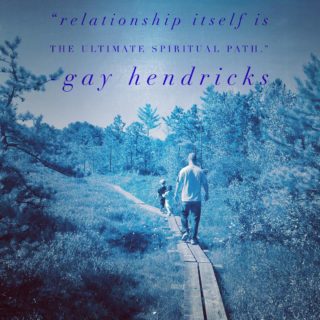

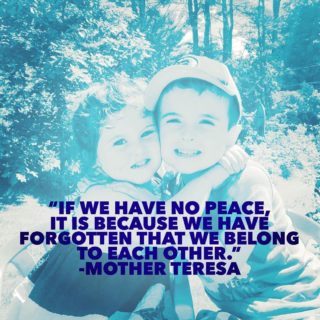
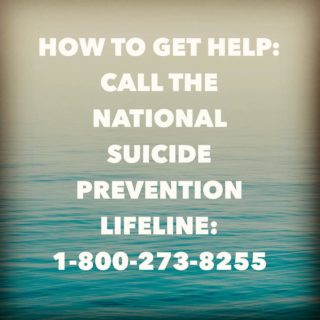
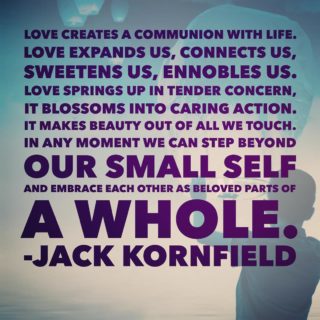
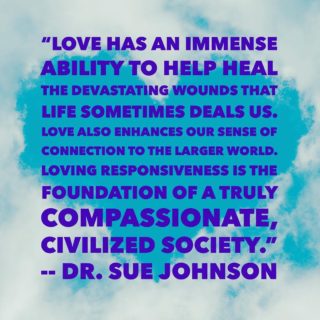
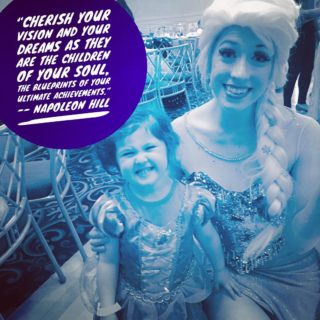
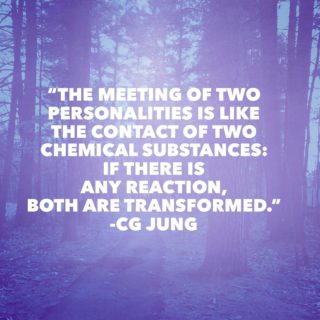

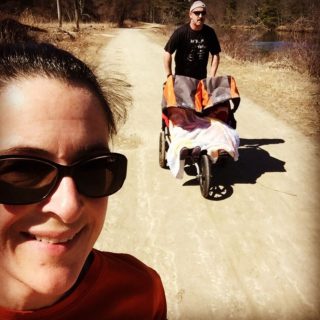
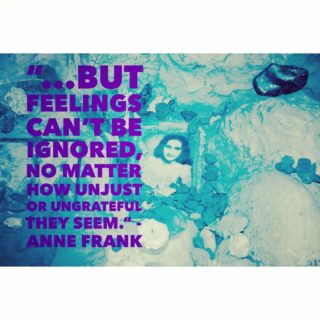
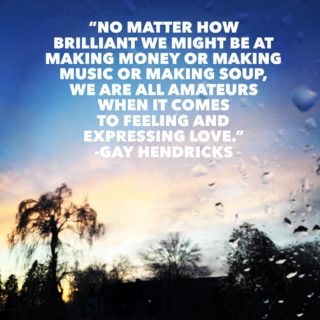

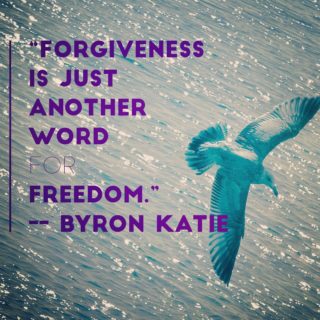




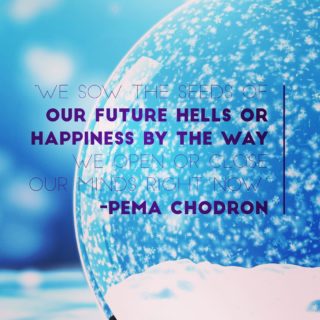

I love this. It’s so freeing to acknowledge one’s true feelings…and be totally ok with them no matter what!
The breakthroughs that my clients experience (as I myself have) is in those moments when you notice what’s really true for you – without people-pleasing, following expectations, caring about other people’s reactions, and taking on other energies.
These are the gems of getting back in communication with your truest self.
<3
Yes, Melissa! So glad this rang true for you. It’s so true — all we really need to be is ourselves – and when we can honor who we are, we give the world and others what they need from us! Thanks as always for your wonderful comments! Jenev
I just experienced this toad with my boyfriend. I was feeling hurt and vulnerable but instead of simply stating how I felt. I told him he was acting strange and distant which was true but it totally backfired on me and pushed us further apart which was exactly what I didn’t want to do.
Reflecting I would have brought us together and helped to heal this distant feeling if I had simply told him how I felt. I am going to make this commitment to stay closer to my feelings through out the day and learn to voice them in my relationship.
Thank you Jenve
Thanks so much for your comment, Kate! It can be so much easier to point out how our partners are doing something wrong than to acknowledge what’s going on for us on a deeper level. It’s all well and good in theory to really own our own deeper experience & share it, but can be hard to actually implement in practice 🙂 I’m glad you’re going to commit to trying and hope you keep us posted with what happens as a result!! Thanks so much for your comment. Jenev